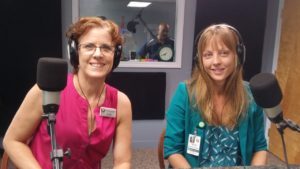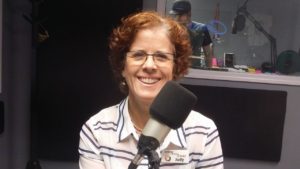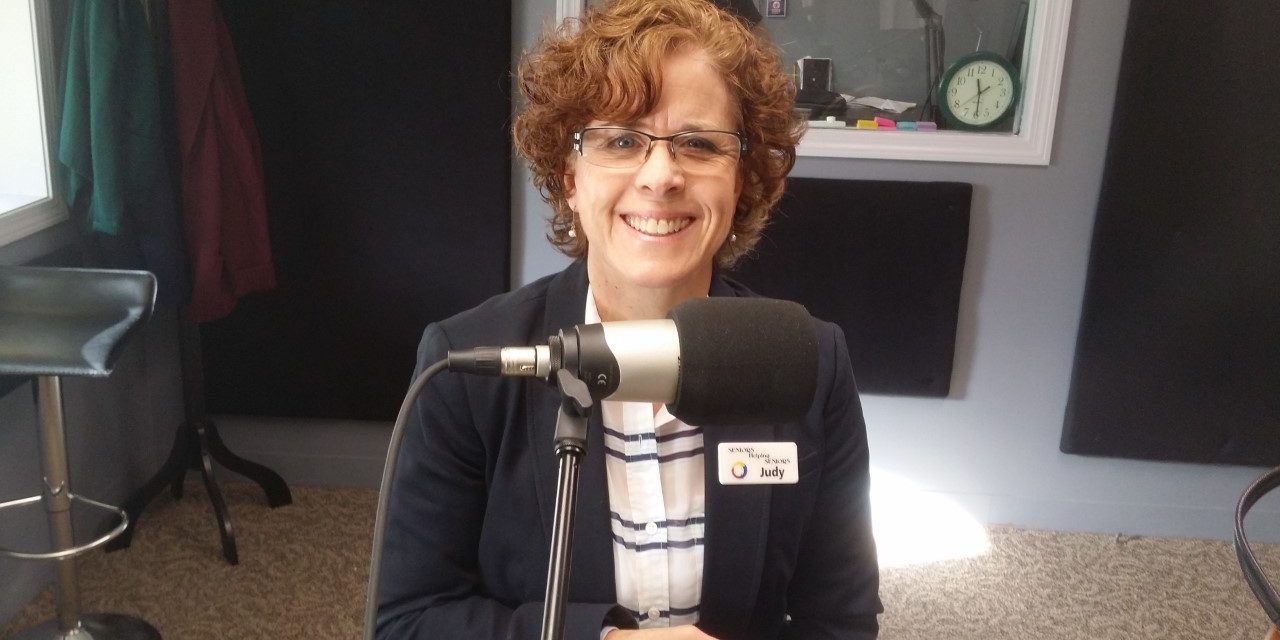
This week Judy and Rich discuss the ins and outs of entering into assisted living. As a senior it can be very difficult to go from your own home to someplace new where you have less independence. For family members, it can be difficult to help ease the transition for their parent. For some, they have to enter assisted living because their home can’t be modified enough to keep them safe, for others, it’s location. They might be too far from friends, family, and places they need to go.
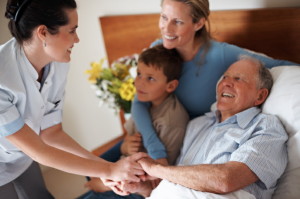
Entering Into Assisted Living
If the move is too quick, it can cause confusion and anger from the senior being moved. Like Rich said, it’s like a plant getting uprooted. They want to feel like they are part of the decision to move.
Even the process of packing can become very emotional. It’s important to remember they are going through 50 or 60 years of memories and have to decide what stays and what goes. Moving can even cause Relocation Stress Syndrome or Transfer Trauma and even a form of identity theft when they move.
All they have is their name, there aren’t memories of how they lived their life, how many kids they have, and they stop feeling like an individual. They lose their story and to retell it can be exhausting.
There are changes that can happen in the beginning of the move, there can be sleeplessness, increase rate of pain, anger and irritability, anxiety, and weight gain or loss.
Sometimes no matter how much money a community spends on food, there will be complaints about the food. It may be because taste buds change, but other times it’s just because they are unhappy about their situation. Meals are important because it becomes part of their daily routine, and can help them make them feel more at home.
To reduce the anxiety with the move, bring them into the decisions: take them to communities. Check out meals. Ask the communities how they can minimize identity theft, see what works for your parents specifically. Visit on schedule tours and visit by surprise to see what it’s like when they no one knows you are coming.


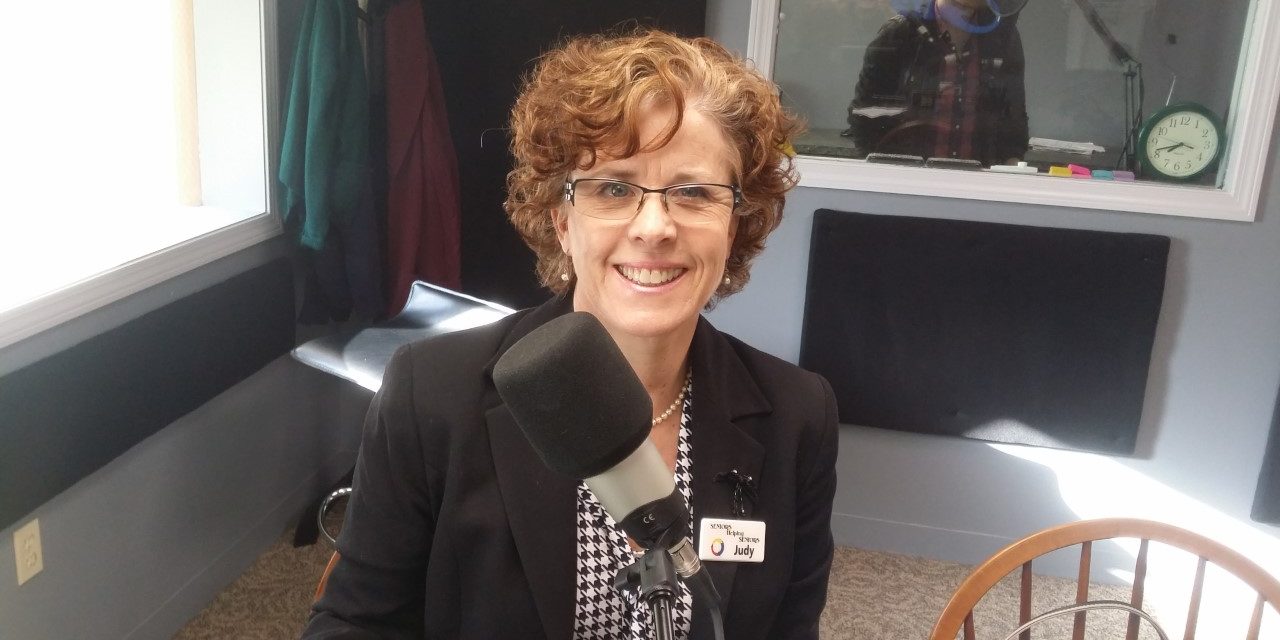
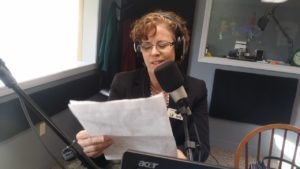
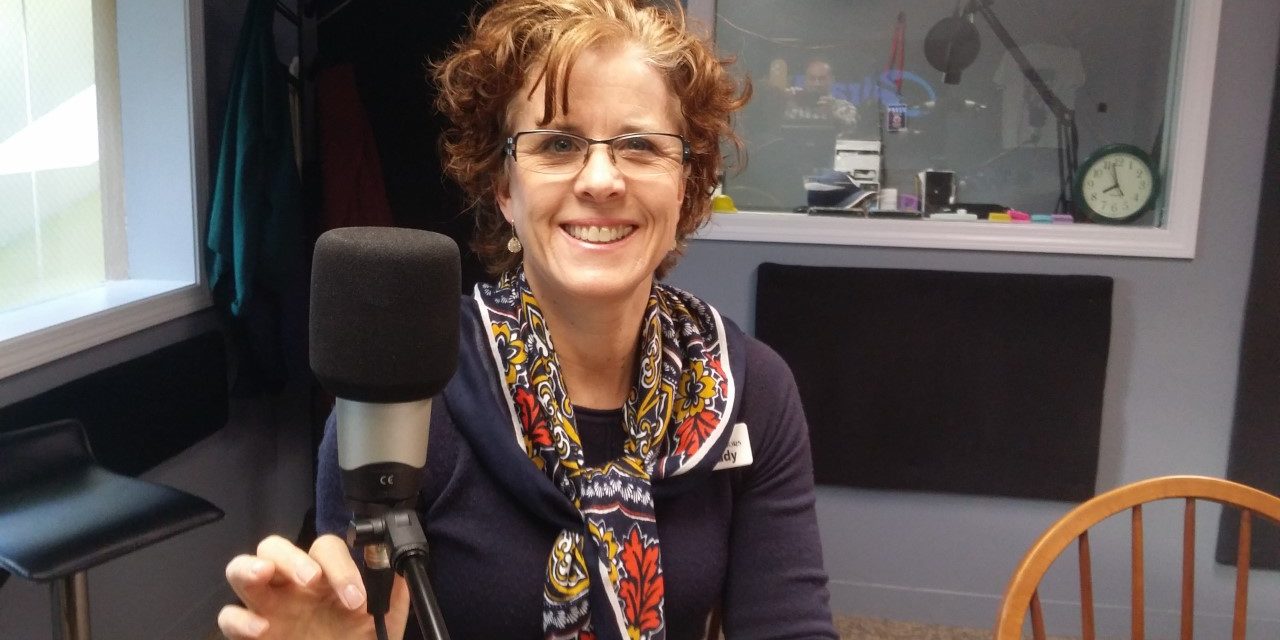
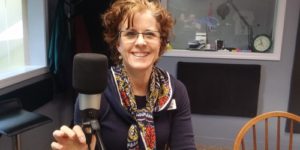
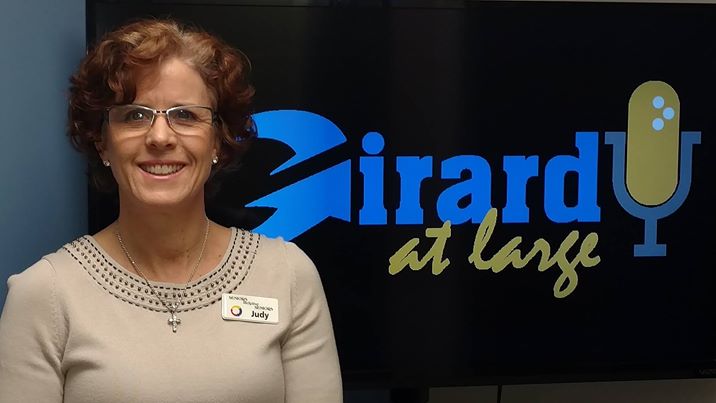
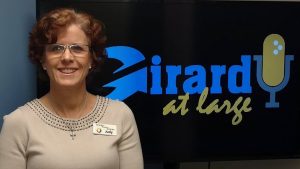
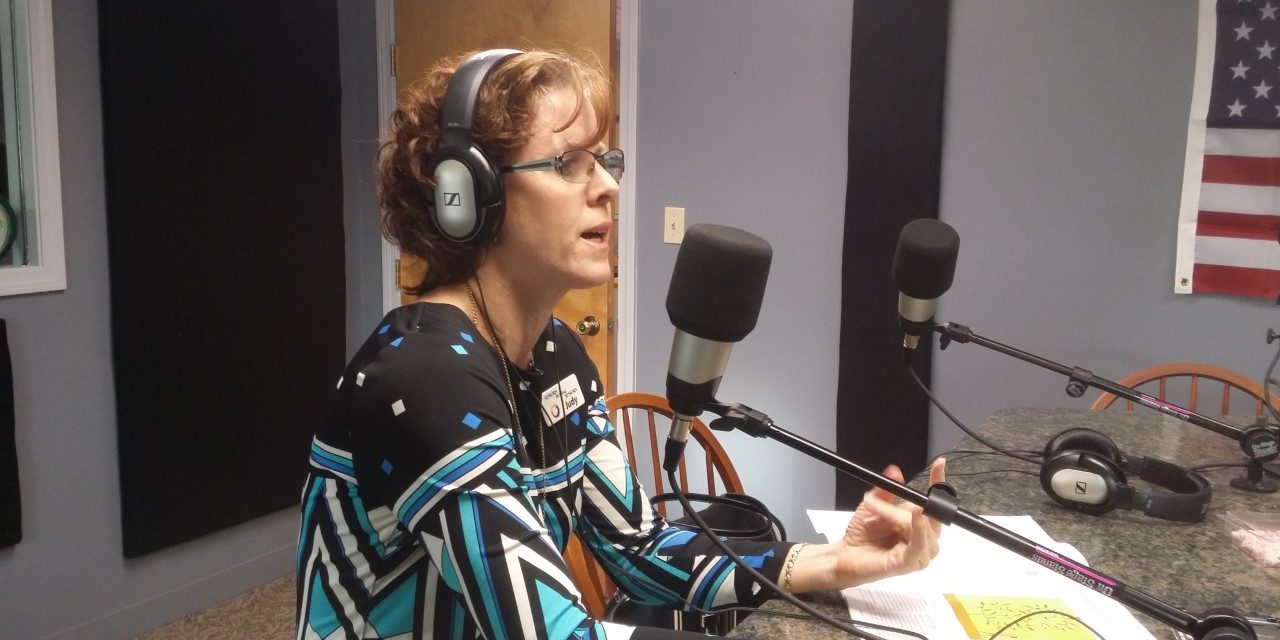
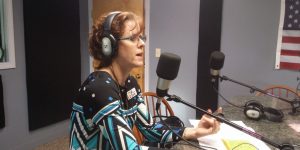
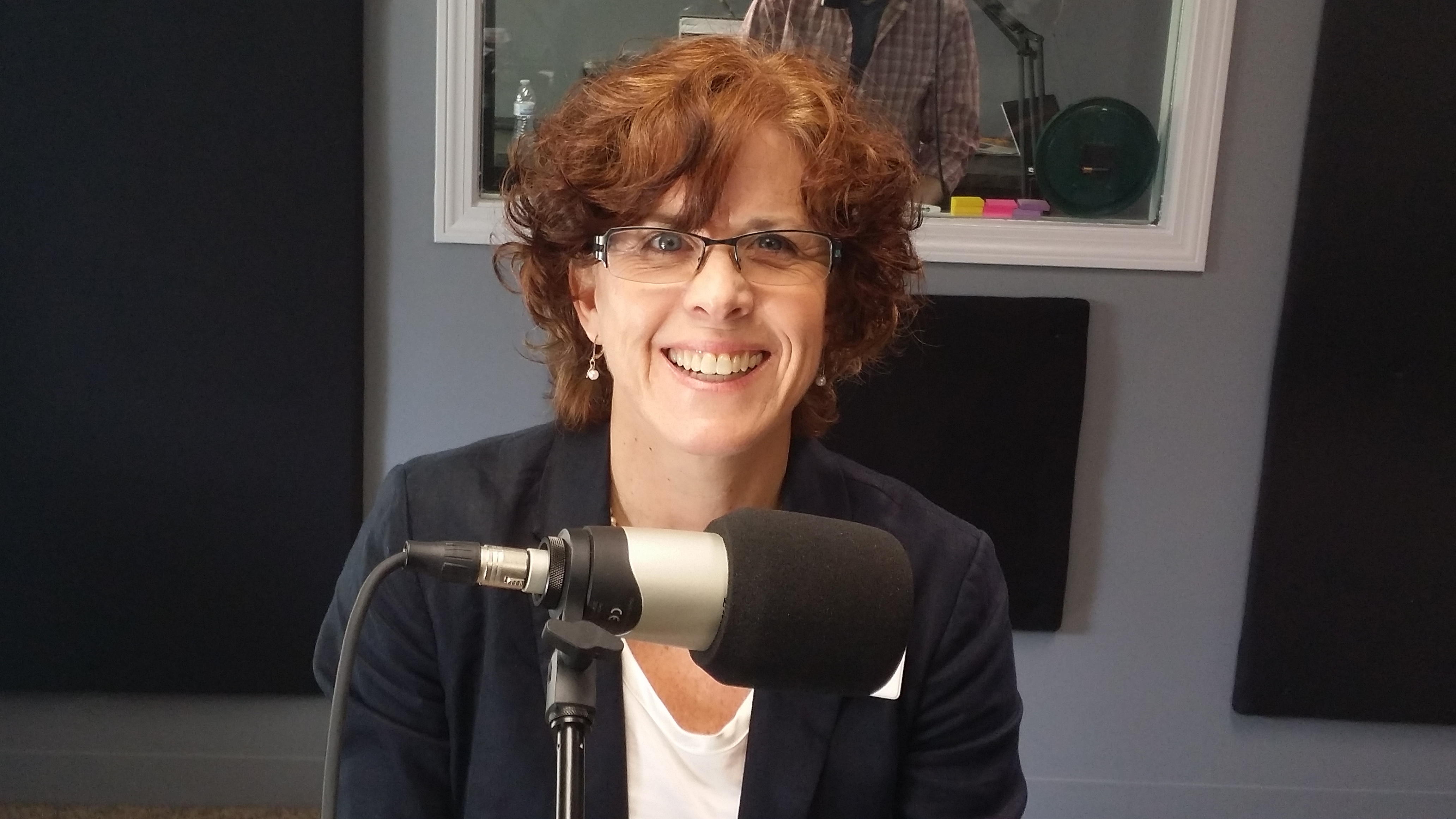
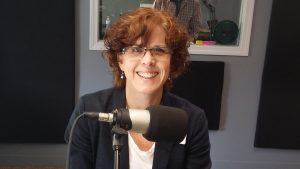
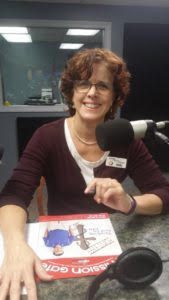 David Dionne
David Dionne
